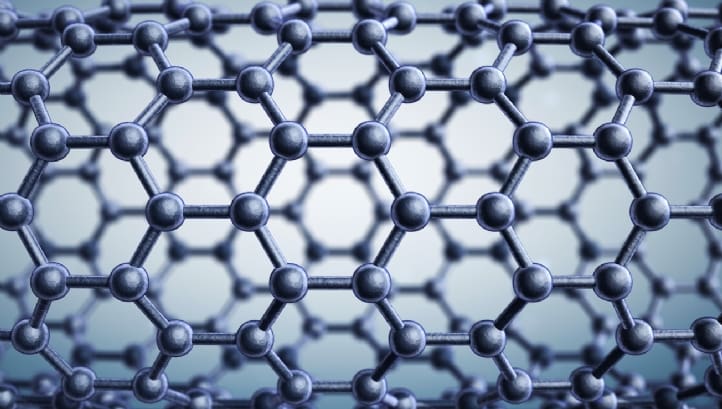Researchers at the National Graphene Institute, University of Manchester, UK, have developed a new graphene oxide membrane for desalination.
The work of the team led by professor Rahul Nair was published in Nature Nanotechnology.
“Previous research found that if immersed in water, graphene-oxide membranes become slightly swollen and smaller salts flow through the membrane along with water, but larger ions or molecules are blocked. The group has now further developed these graphene membranes and found a strategy to avoid the swelling of the membrane when exposed to water,” a statement by University of Manchester said.
“Realisation of scaleable membranes with uniform pore size down to atomic scale is a significant step forward, and will open new possibilities for improving the efficient of desalination technology,” said professor Rahul Nair, at University of Manchester.
“This is the first clear-cut experiment in this regime. We also demonstrate that there are realistic possibilities to scale up the described approach, and to mass produce graphene-based membranes with require sieve sizes,” he added.
The graphene oxide membranes will now be tested against existing desalination membranes.
